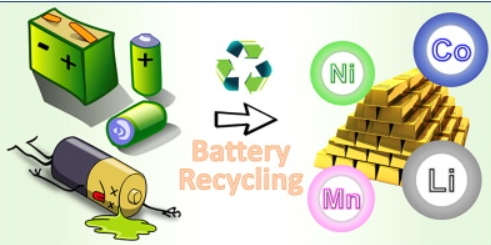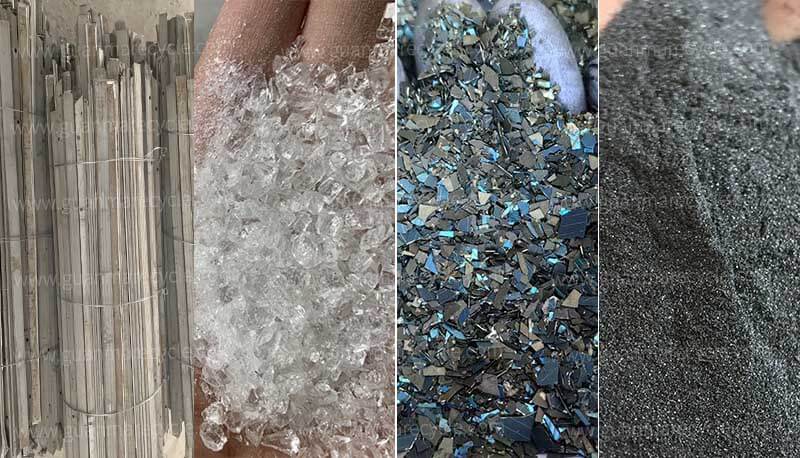How to Recycle Batteries? In today’s technology-driven world, batteries play an indispensable role in powering our daily lives. As we continue to rely on portable devices, electric vehicles, and renewable energy storage systems, the volume of spent batteries, particularly lithium-ion (Li-ion), is rapidly escalating. Properly managing this growing e-waste stream is crucial for both environmental preservation and resource conservation.

Battery Recycling Preparation & Sorting
The first step in battery recycling involves preparation and sorting. Spent batteries must be collected, classified according to chemistry (e.g., Li-ion, lead-acid, nickel-based), and safely stored to prevent any potential hazards. This stage ensures efficient downstream processing and maximizes the value extracted from each battery type. Specialized equipment like automated sorting machines can streamline this process, accurately identifying and separating different battery chemistries based on visual, weight, or electromagnetic characteristics.
Mechanical Processing
Once sorted, batteries undergo mechanical processing to dismantle and separate the components. Li-ion batteries typically consist of a cathode, anode, separator, electrolyte, and casing. Mechanical disassembly equipment, such as shredders and hammer mills, breaks down the batteries into smaller pieces while safely containing any potential emissions. Magnets and air classifiers further separate ferrous and non-ferrous metals, plastics, and other materials, preparing them for subsequent refining steps.
Process lithium batteries with lithium battery recycling equipment to recover valuable metals such as lithium, cobalt, nickel and manganese.
Using lithium battery recycling equipment to recycle batteries has several significant advantages:
Resource Conservation: Recycling recovers valuable metals and minerals, reducing the need for extracting and processing raw materials, thus preserving natural resources and mitigating the environmental impact of mining.
Energy Efficiency: Producing metals from recycled materials generally requires less energy compared to primary extraction, contributing to lower greenhouse gas emissions and a more sustainable energy footprint.
Economic Viability: Battery recycling creates jobs, stimulates local economies, and generates revenue from the sale of recovered materials. It also helps stabilize the supply of critical battery materials, reducing price volatility and ensuring a steady supply chain for the battery industry.
Waste Reduction & Environmental Protection: Properly recycling batteries prevents hazardous substances from entering landfills or the environment, safeguarding


